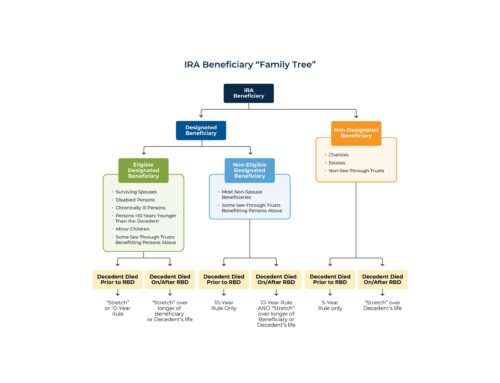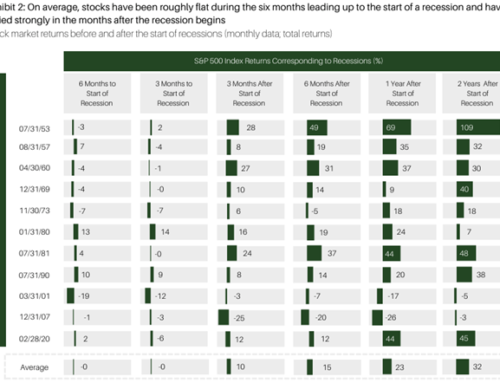The GIG Economy and Your Loved One’s Retirement
From 1946 to 1991 IBM’s sales never declined, but in 1984 the profits of big blue started to recede. As a result one of the safest places to work in the world changed, and over a period of seven years 50,000 employees were shown the door. The term layoff was never used, but those on the outside definitely felt the shove in their back.
In the 80’s and early 90’s a company couldn’t use the term layoff and not face a massive hit to its stock price. Employment was supposed to be for life and the bias moved all the way through the culture of the company to the perception of the investment community.
Today, people are moved in and out of companies like pieces of equipment, and management teams are praised by investors for their efficient use of human capital.
The GIG economy was born out of this shift and as younger workers have adapted to the lack of long term commitment from employers a casualty has been their retirement savings.
Much of what the previous generations assumed was a part of your 20’s is now being delayed, and with it some of the assumed constraints are now missing. Employment used to mean earning credits towards a pension and then changed to a matching of 401k savings. This extra compensation was considered free money that was not seen in your checking account, but on a statement for later. Earning it in your 20’s was a good thing because it might have 40 years to grow and even at 5% money doubles ever 14 years. The other great constraint of the past was the principal and interest loan on a primary residence, pay the mortgage for 20 or 30 years and you owned the home debt free at the end of the term.
Today, working on your own and renting a home in your 20’s is commonplace. Many of our client’s family members are losing a key decade in their retirement planning and Congress has been slowly adapting to these shifts. This article at US News & World Report offers some tax tips for the GIG economy worker.
For most of our clients this is not an issue, but we have heard from quite a few of you that your loved one’s need some guidance in this area, so feel free to forward this to them and we would be happy to provide some quick advice to help them start out on the right foot.






